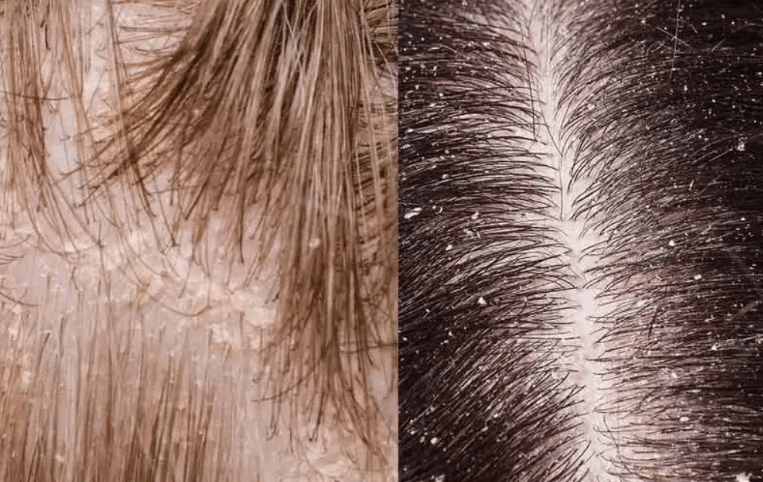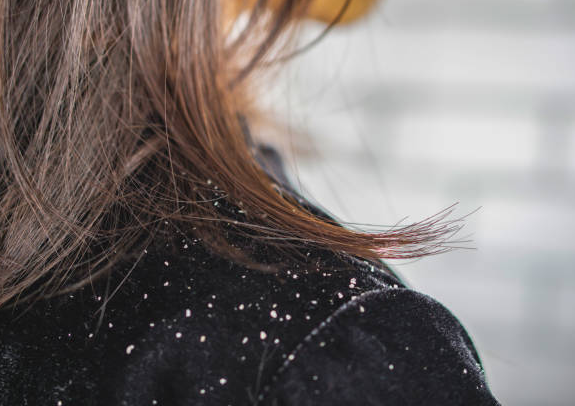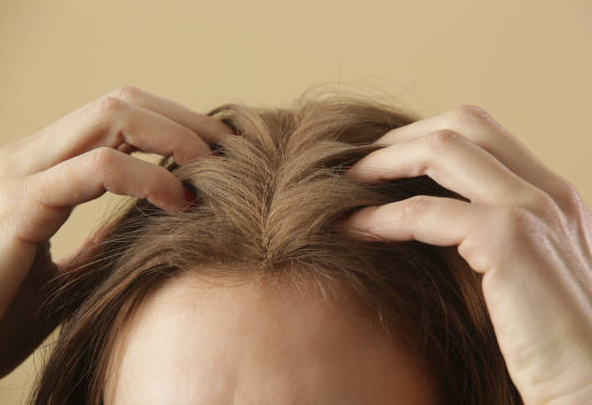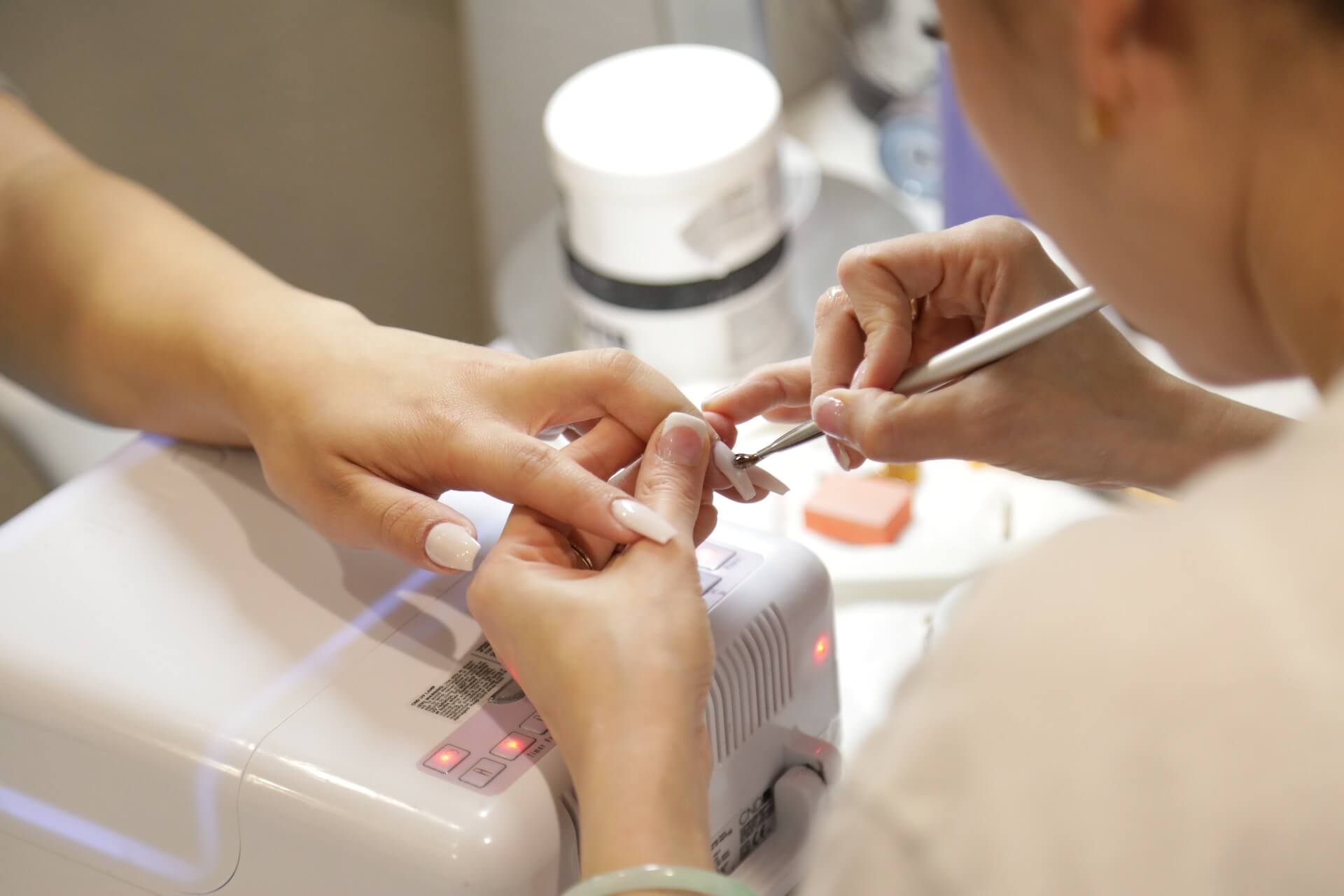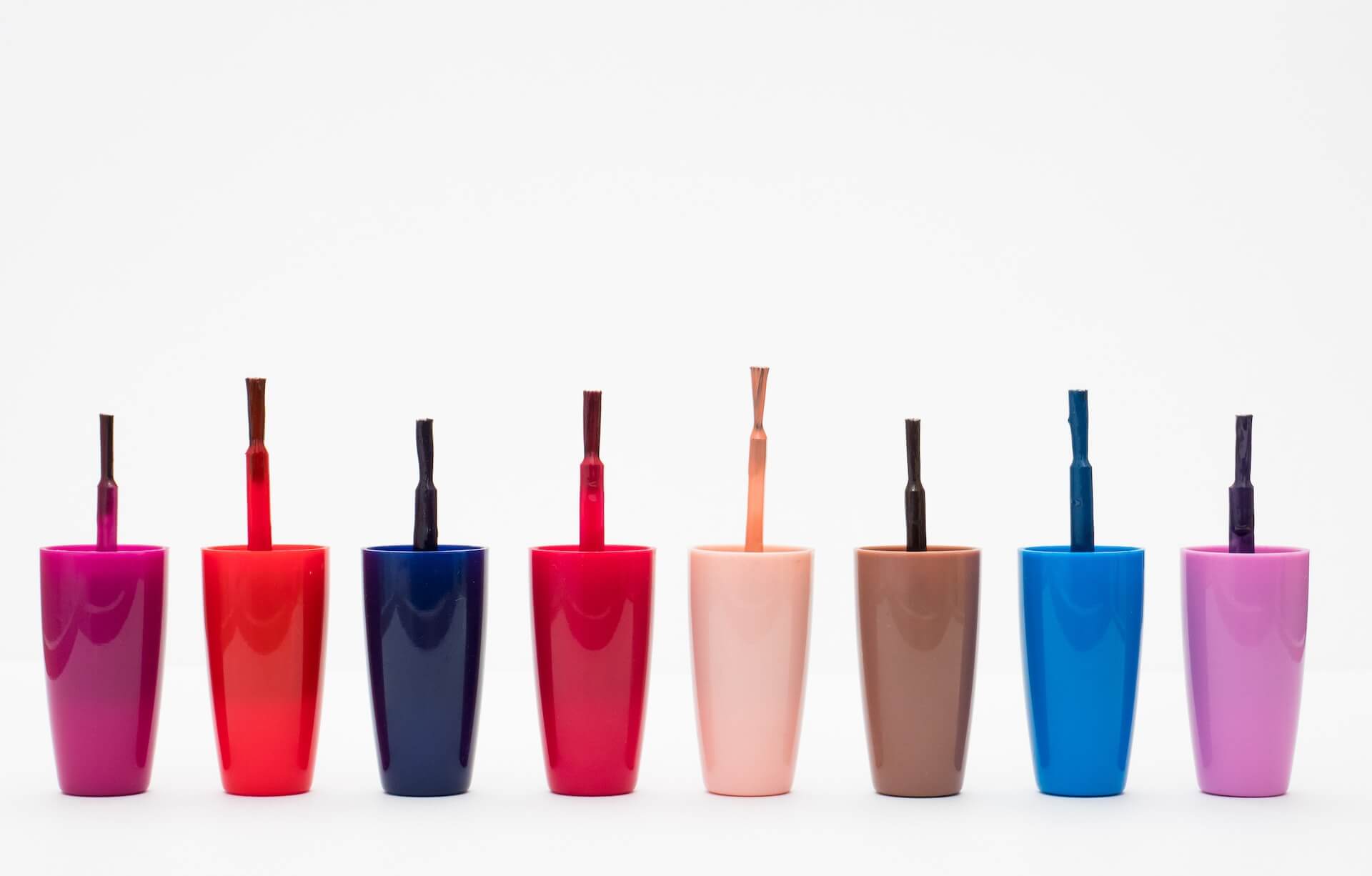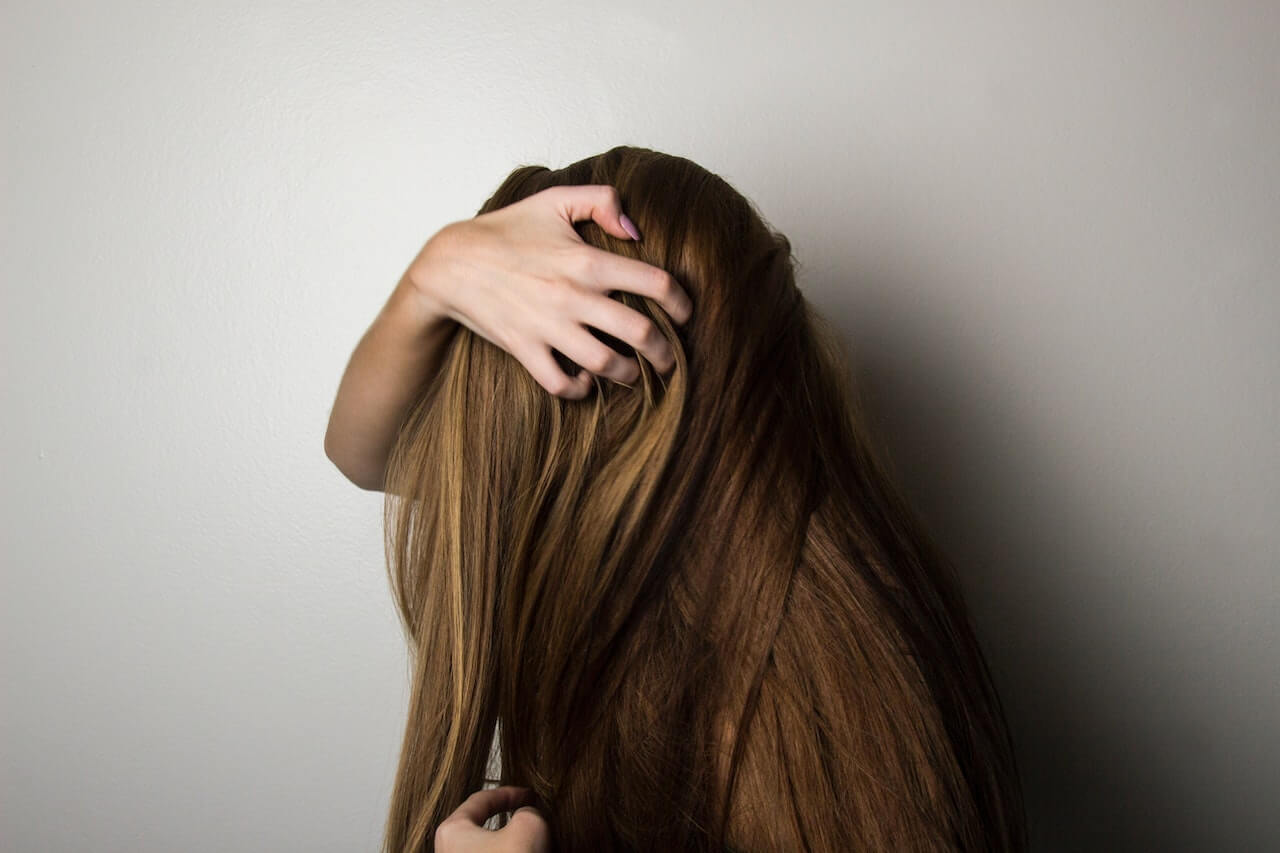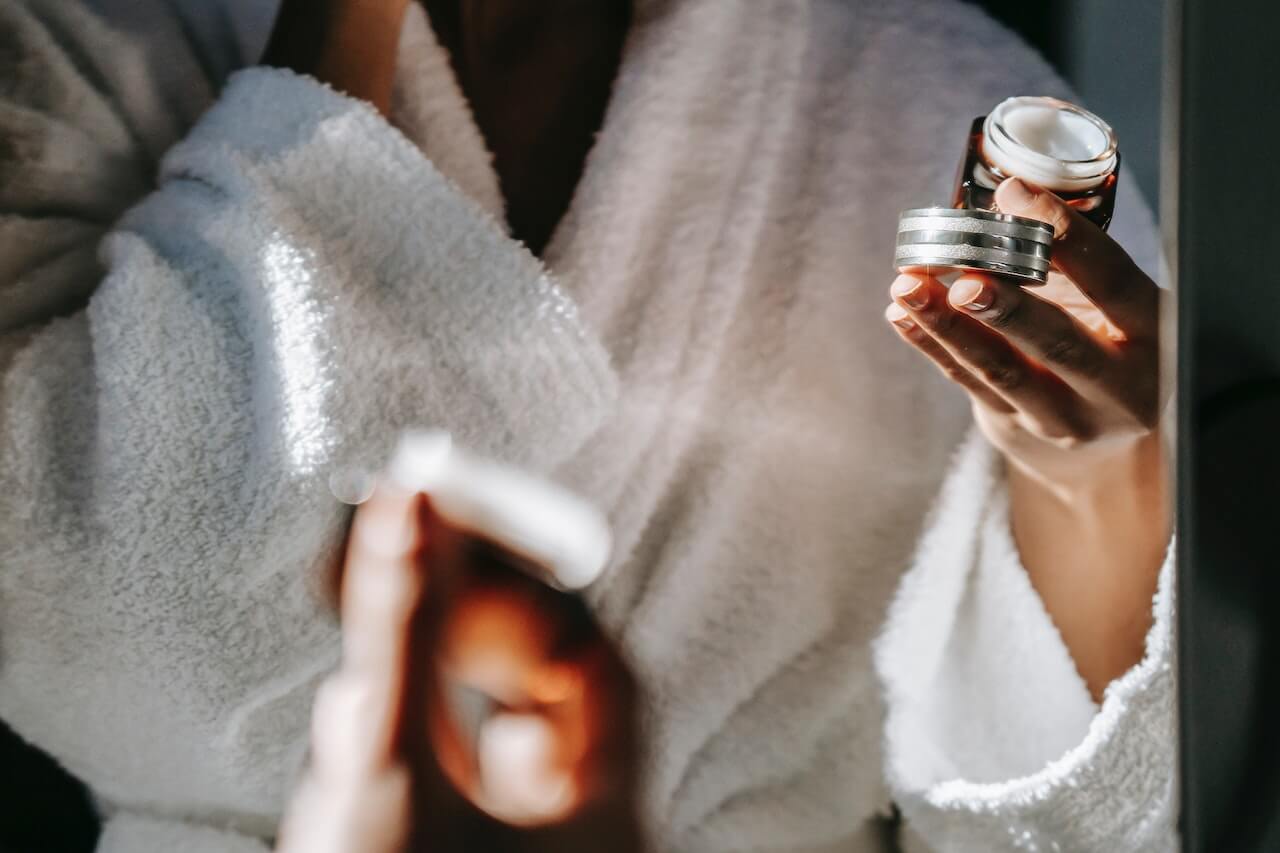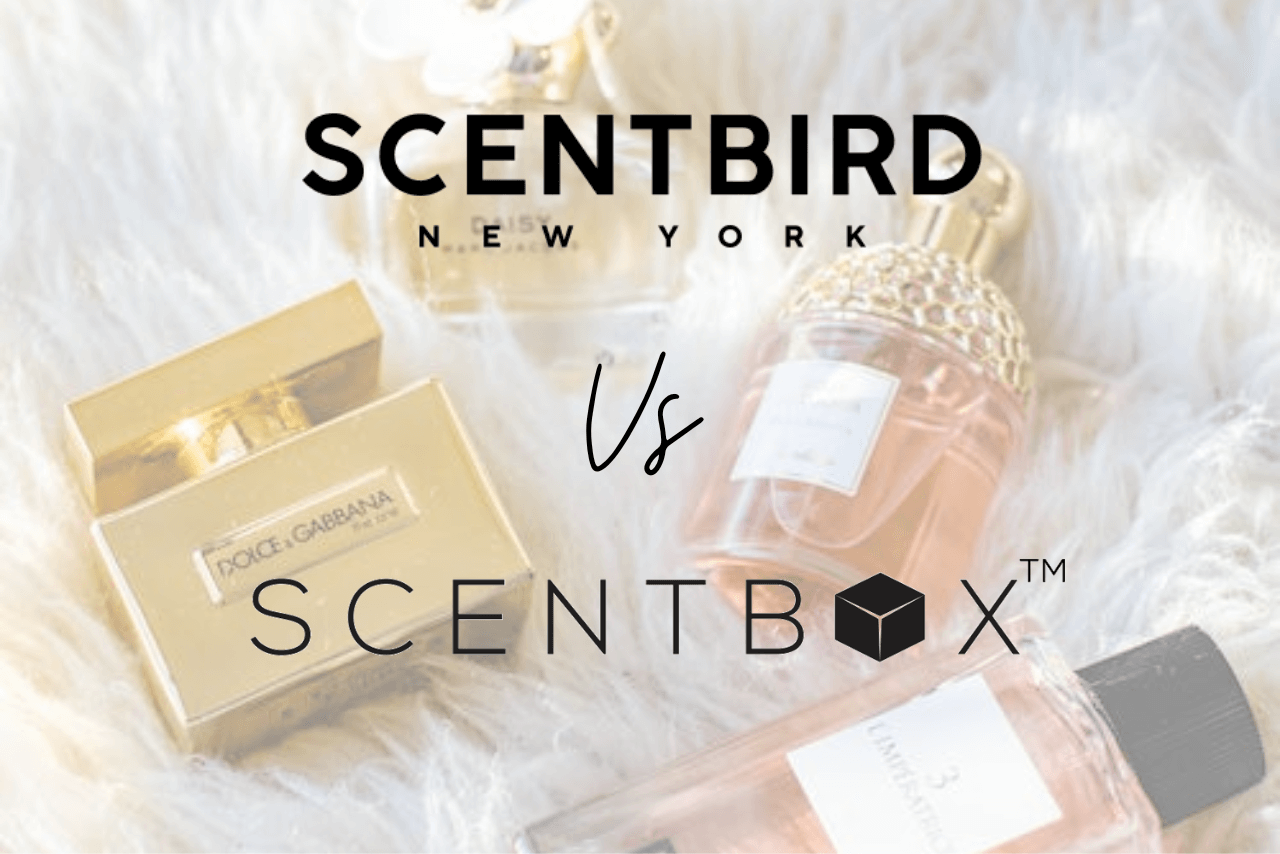When it comes to scalp issues, two common culprits that often cause confusion are dandruff and dry scalp. While both conditions may lead to itching and flakes, they have distinct underlying causes and require different treatment approaches. In this article, we'll delve into the key differences between dandruff and dry scalp, helping you understand the symptoms, causes, and effective remedies for each condition.
Understanding Dandruff
Below you will find all the details you need to understand what the dandruff exactly is and how it works and what to do to treat the dandruff.
Dandruff Symptoms
Dandruff presents itself as white or yellowish flakes on the scalp and hair. These flakes may be accompanied by an itchy scalp, but dandruff rarely leads to severe itching. In some cases, you may notice oily or greasy patches on the scalp, making the flakes stick together and appear more prominent.
Causes of Dandruff
Dandruff is primarily caused by an overgrowth of a yeast-like fungus called Malassezia. This fungus is naturally present on the scalp but can multiply excessively under certain conditions, leading to dandruff formation. Factors that can contribute to dandruff include hormonal imbalances, stress, oily skin, and certain skin conditions like seborrheic dermatitis.
Treatment for Dandruff
Over-the-counter medicated shampoos containing ingredients like zinc pyrithione, ketoconazole, or selenium sulfide can effectively combat dandruff. Regular use of these shampoos can help control the overgrowth of the Malassezia fungus and reduce flakes. Additionally, keeping the scalp clean and avoiding harsh hair products can help manage dandruff effectively.
Understanding Dry Scalp
Below you will find all the details you need to understand what exactly causes dry scalp and how to overcome it.
Dry Scalp Symptoms
Dry scalp is characterized by small, white flakes that resemble dandruff but have a different texture. Unlike dandruff, dry scalp flakes are smaller and appear more powdery. Additionally, a dry scalp may cause intense itching, leading to discomfort and irritation.
Causes of Dry Scalp
Unlike dandruff, which is caused by a fungal overgrowth, dry scalp is primarily a result of inadequate moisture and hydration. External factors such as cold weather, excessive use of hot styling tools, and harsh hair products can strip the scalp of its natural oils, leading to dryness and flaking.
Treatment for Dry Scalp
To alleviate dry scalp, it's essential to focus on moisturizing and nourishing the scalp and hair. Using a gentle, hydrating shampoo and conditioner can help retain moisture. Regular oil treatments, such as coconut oil or jojoba oil, can also provide relief by restoring the scalp's natural moisture balance. Additionally, reducing the use of heat styling tools and protecting the scalp from harsh weather conditions can prevent further dryness.
Dandruff vs. Dry Scalp: How to Differentiate
Flake Appearance
Dandruff flakes are typically larger, greasier, and yellowish, whereas dry scalp flakes are smaller, powdery, and white.
Itching Intensity
Dry scalp often causes intense itching, while dandruff-related itching is usually milder.
Scalp Oiliness
Dandruff may lead to greasy patches on the scalp, while dry scalp is characterized by an overall lack of moisture.
Conclusion
Understanding the difference between dandruff and dry scalp is crucial in determining the appropriate treatment for each condition. While dandruff results from a fungal overgrowth, dry scalp is primarily caused by inadequate moisture. Choosing the right products and adopting a proper hair care routine can help manage both conditions effectively, leading to a healthier, itch-free scalp. If the problem persists or worsens, consulting a dermatologist or a healthcare professional is recommended to rule out any underlying skin conditions and receive personalized treatment.
.png)
